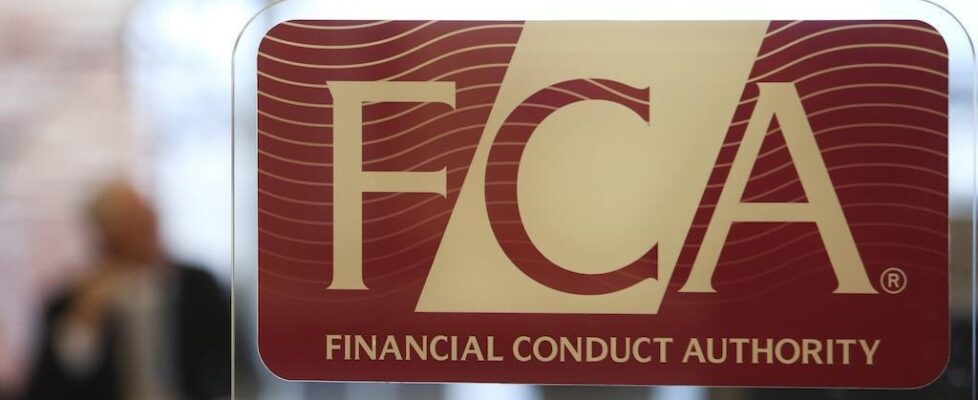FCA imposes £1.66M fine on Mako for failings relating to cum-ex trading
The UK Financial Conduct Authority (FCA) has fined Mako Financial Markets Partnership LLP £1,662,700 for failing to ensure it had effective systems and controls to guard against financial crime.
Mako also failed to adequately apply the policies and procedures it did have in place.
This eighth enforcement case brought by the FCA, concludes its investigations into cum-ex trading. Working closely with EU and global law enforcement agencies, the FCA has imposed fines of more than £30 million in relation to this trading.
Between December 2013 and November 2015, Mako executed purported over-the-counter equity trades on behalf of clients of the Solo Group, worth approximately £68.6bn in Danish equities and £23.6bn in Belgian equities. Mako received commission of approximately £1.45m.
The trading was circular, which is highly suggestive of financial crime. It appears to have been carried out to allow the arranging of withholding tax (WHT) reclaims in Denmark and Belgium. Several individuals have now been convicted in Denmark as part of this scheme.
Mako additionally failed to identify red flags in other instances related to the Solo Group business. This involved a series of transactions which had no obvious rationale, and which resulted in the Solo Group’s controller incurring a €2m loss, to the benefit of his business associates. Mako also received payment from a United Arab Emirates-based third party connected to the Solo Group for outstanding debts owed by the Solo Group’s clients without performing any due diligence which created an increased risk of money laundering.
As Mako has not disputed the FCA’s findings and agreed to settle, it qualified for a 30% discount on its fine under the FCA’s settlement discount scheme.
Cum-ex trading involves trading of shares on or just before the last cum-dividend date. If in a suitable jurisdiction this can then allow a party to claim a tax rebate on withholding tax, sometimes without entitlement.
The intention of dividend arbitrage trading (of which cum-ex is an example) is to place shares in alternative tax jurisdictions around dividend dates, with the aim of minimising withholding tax or generating withholding tax reclaims. This may involve several different trading activities including trading and lending securities and trading derivatives, designed to hedge movements in the price of the securities over the dividend dates.




